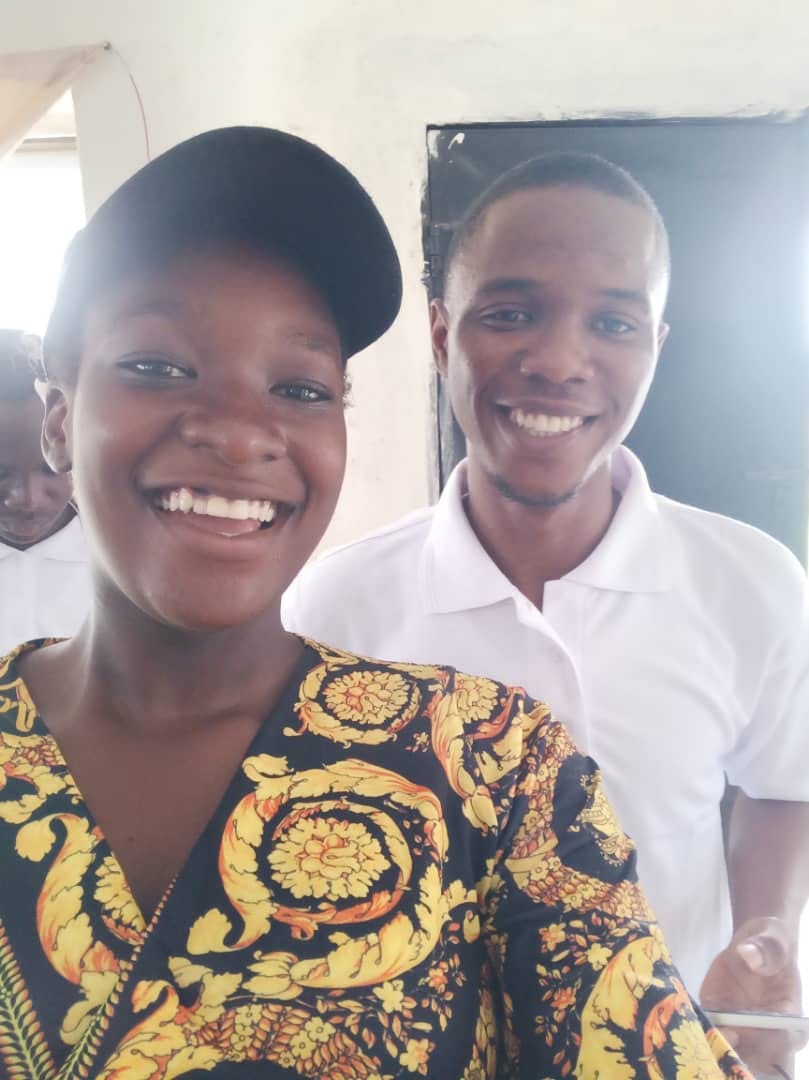The use of comparatives in English can be tricky. When two things are compared, we are talking about comparatives. And when more than two things are compared, we talk about superlative use.
When we use comparatives, we must be careful not to overuse them, especially when we are showing the degree in relation to what is being compared.
It is not uncommon to hear someone say something like this: ‘iPhone is more better than Android. Mark my word! He uses ‘more’ and ‘better’ together. I think this superfluous combination has to do with our Nigerianness—we just have this uncommon way of blowing things out of proportion. Just like the way they say short knickers, still yet, reverse back, knee down etc.
I always feel a large pin piercing my heart whenever I hear someone say more better. He simply wants to emphasize the degree of ‘betterment’ hence he feels or somewhat believes using ‘more’ will be the correct combination with ‘better’.
In English, using two comparatives together results in a grammatical blunder. ‘Better’ is an adjective in the comparative degree, and so does ‘more’ hence they cannot be used together.
So, how do you show the degree of the word ‘better’ or any other adjective in the comparative degree?
Simply use adverbs of degree to show the degree or the extent of that very word. Some examples of such adverbs in English are ‘far’, ‘much’, ‘way’, and ´a little’ etc.
For example:
iPhone is much better than Android. ✅
He felt far worse than yesterday. ✅
James is way smarter than Kola (is).✅
He is a little more confident in his abilities.✅
The key is, there are no double comparatives used together in English and possibly in other languages of the world.
Yours in English,
Francis




